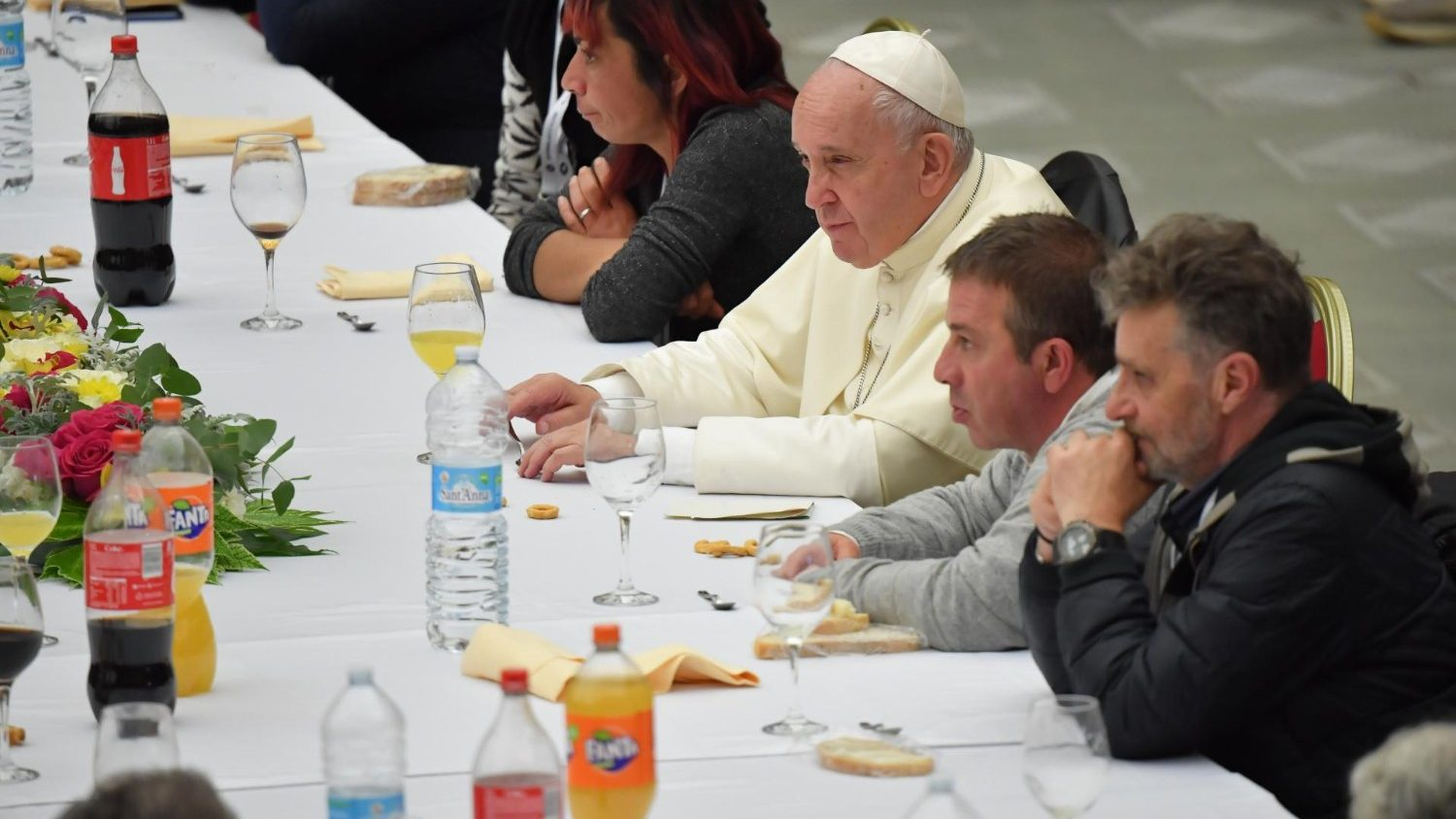 Its main function is to offer practical proposals
Its main function is to offer practical proposals
The Congregation for the Clergy in the Vatican on Monday issued a new instruction offering guidance on parish reforms and restructuring, and the role of the laity in the Church’s mission of evangelisation.
The Instruction – ‘The pastoral conversion of the parish community in the service of the evangelising mission of the Church’ – is intended to offer bishops, priests and the laity the pastoral and canonical tools with which to work together for the good of the ecclesial community.
The 22-page document sets out ways that existing rules and canonical norms can be better applied and encourages co-responsibility among all the baptised and cooperation between parishes.
Consisting of 11 chapters, the first six chapters provide a reflection on missionary outreach and the value of the parish.
The remaining chapters focus on the subdivisions of parish communities, the various pastoral roles that make up these communities, and the ways in which the governing norms are applied.
## The 22-page document from the Congregation for the Clergy warns that under no circumstances can lay people give the homily during the celebration of the Eucharist.
The Instruction stresses the importance of a missionary renewal of parish structures. It underlines that this renewal should focus on spiritual dynamism and pastoral conversion based on the proclamation of the Word of God, the sacramental life, and the witness of charity.
The document highlights the role of the parish priest as pastor of the community, stressing that he is at the service of the parish, and not the other way around.
His role “involves the full care of souls,” so the parish priest must have received the Order of the Presbyter the Instruction points out.
It says the parish priest is the administrator responsible for parish property and the juridical representative of the parish. When he reaches the age of 75, the parish priest has the “moral duty” to present his resignation, though his office does not cease until the bishop has accepted his resignation and communicated his acceptance in writing.
Elsewhere the Instruction reflects on parish bodies of ecclesial co-responsibility, including the Parish Finance Council, which is constituted as a consultative body, presided over by the pastor.
The document says the administration of a parish’s goods is “an important area of evangelisation and evangelical witness, both in the Church and in civil society.”
All goods belong to the parish and not to the parish priest. The task of the Parish Finance Council is to foster a “culture of co-responsibility, of administrative transparency, and of service to the needs of the Church.”
The Parish Pastoral Council is also consultative in nature and far from being simply a bureaucratic organ, the Pastoral Council “highlights and realises the centrality of the People of God as the subject and active protagonist of the evangelising mission, in virtue of the fact that every member of the faithful has received the gifts of the Spirit through Baptism and Confirmation.”
Its main function is to offer practical proposals for the parish’s pastoral and charitable initiatives, in harmony with the objectives of the diocese. These proposals require the favourable acceptance of the pastor in order to become operative.
Part of chapter eight looks at the role of deacons. The Instruction underlines that deacons are not to be considered as “half-priests and half-laymen”.
On the role of the laity within parish communities, the Instruction warns that under no circumstances may lay people give the homily during the celebration of the Eucharist.
Lay faithful can be instituted as Lectors and Acolytes but they must be in full communion with the Catholic Church, have received adequate formation, and lead exemplary personal lives.
In addition, in exceptional circumstances, they may receive other assignments from the bishop, “at his prudent judgement”.
These include celebrating the Liturgy of the Word and funeral rites, administering baptism, assisting at marriages – with the Holy See’s permission – and preaching in a Church or oratory in case of need.
Courtesy of Catholicirelandnet
Report by Sarah McDonald
21 July 2020


